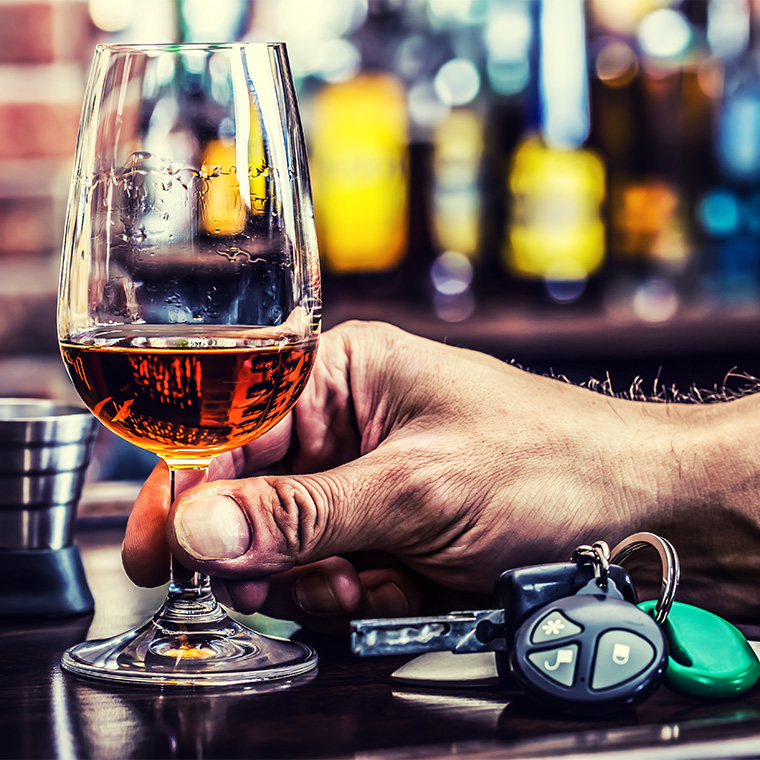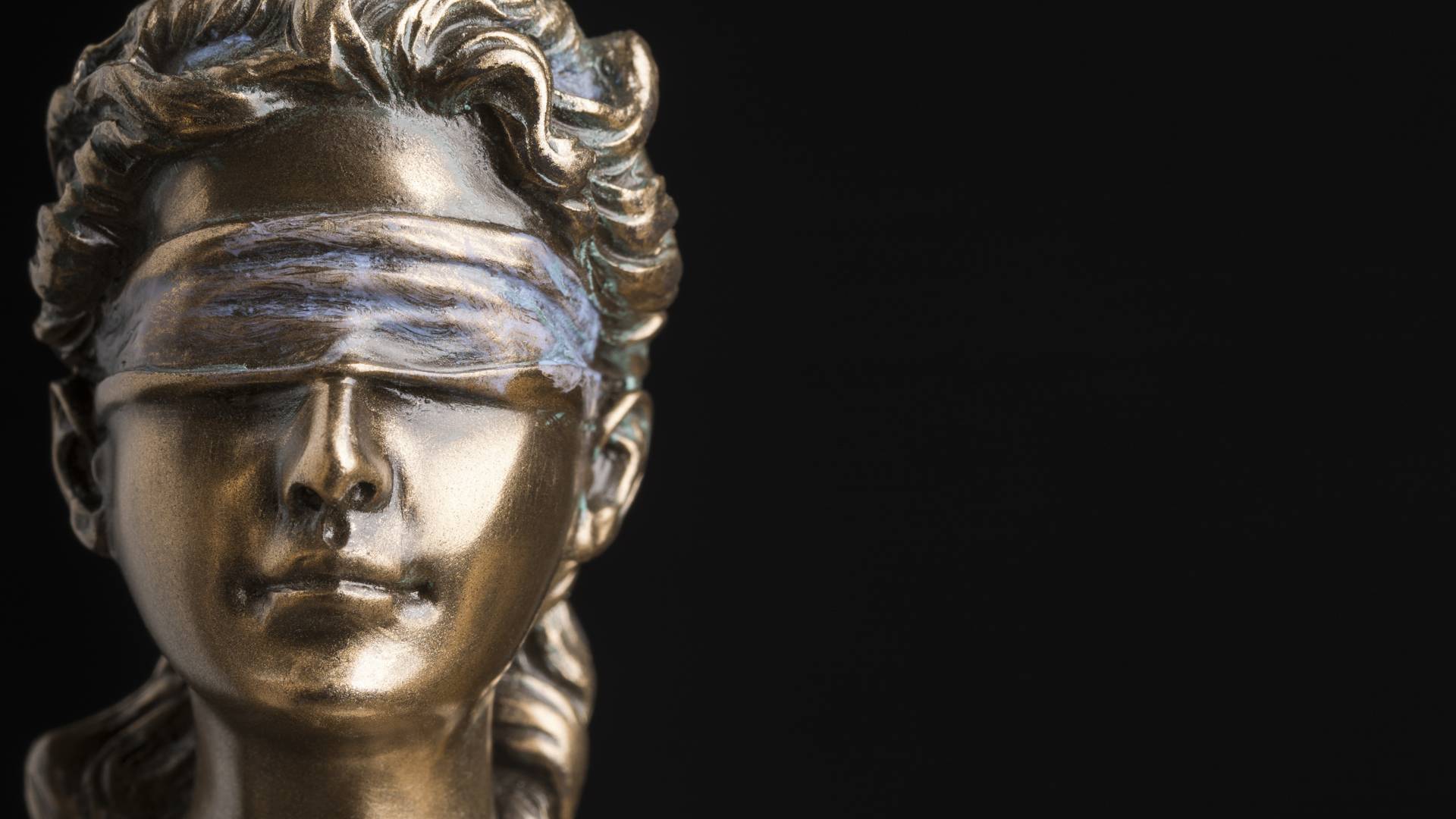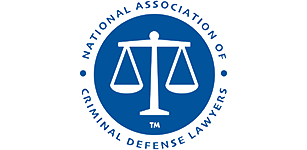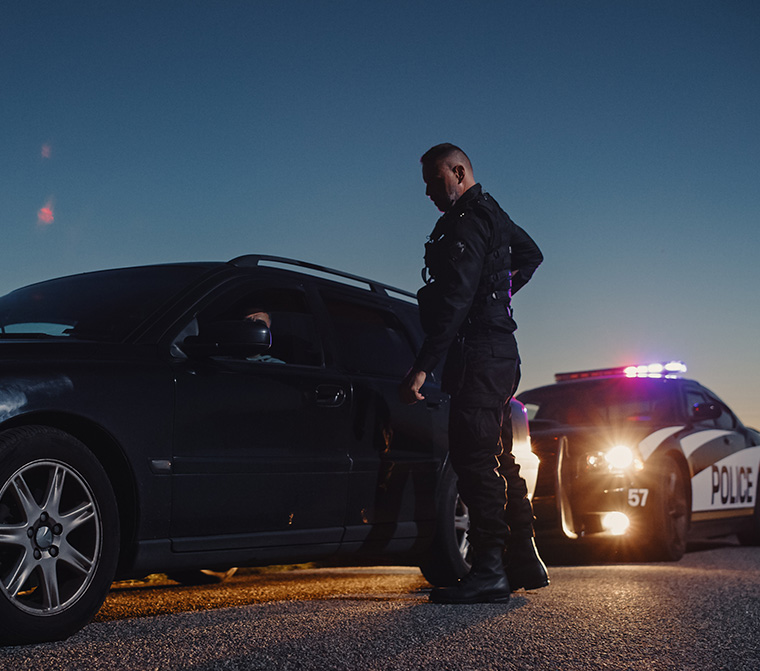
Felony DUI Penalties
What Makes a DUI a Felony in AZ? Know the Facts.
Felony convictions have mandatory penalties under Arizona law. This includes convictions for Class 4 Aggravated DUI and Class 6 Aggravated DUI.
What Is a Felony?
Arizona defines a felony as an offense for which you can be sentenced to a term of prison in the Arizona Department of Corrections. Arizona classifies felonies by the potential range of prison the law permits for a conviction.
The lowest class (i.e. smallest possible penalties) of a felony is a class six (6). The smaller the number associated with the offense – the more serious the felony. Thus, a class five (5) felony is more serious than a six felony. And it also has harsher potential penalties.
What Is an Undesignated Felony?
A.R.S. Section 13-604(a) provides:
Notwithstanding any other provision of this title, if a person is convicted of any class 6 felony not involving a dangerous offense and if the court, having regard to the nature and circumstances of the crime and to the history and character of the defendant, is of the opinion that it would be unduly harsh to sentence the defendant for a felony, the court may enter judgment of conviction for a class 1 misdemeanor and make disposition accordingly or may place the defendant on probation in accordance with chapter 9 of this title and refrain from designating the offense as a felony or misdemeanor until the probation is terminated.
The offense shall be treated as a felony for all purposes until such time as the court may actually enter an order designating the offense a misdemeanor.
This subsection does not apply to any person who stands convicted of a class 6 felony and who has previously been convicted of two or more felonies.
What Kinds of DUI Are Felonies in Phoenix and Scottsdale, AZ?
A felony DUI in Arizona is called Aggravated DUI. Within this group of offenses, there are different levels of felonies.
Aggravated DUI cases are either Class Six (6) Felonies or class Four (4) Felonies.
Mitigated, Presumptive, Aggravated (Sentencing Ranges)
A felony DUI in Arizona is called Aggravated DUI. Within this group of offenses, there are different levels of felonies.
Aggravated DUI cases are either Class Six (6) Felonies or class Four (4) Felonies.
Different Classes of Felonies
Class 1 Felonies (Harshest)
- First-degree murder
- Second-degree murder
Both these types of murder in Arizona are eligible for the death penalty or life imprisonment. Second-degree murder is punishable by 16 years’ to life imprisonment. Arizona Revised Statutes, Sections 13-705, 13-706, 13-710, 13-1104.
Class 2 Felonies
- Aggravated Assault on a police officer is an example of a class two felony.
Class 3 Felonies
- Theft of Mean of Transportation is an of a Class Three (3) felony in Arizona.
Class 4 Felonies
- Aggravated DUI because of a suspended license or a third offense is a class four felony.
Class 5 Felonies
- Theft
Statute of Limitations
Class 2 - Class 6 Felonies
For Class Two (2) through Class Six (6) felonies prosecutions must be commenced within seven years.
No Time Limit Crimes
Prosecution for the following offenses have no statute of limitations:
- Homicides
- Conspiracy to commit a homicide that results in the death of a person
- Any violent sexual assault pursuant to section 13-1423,
- Any violation of section 13-2308.01 or 13-2308.03,
- Any misuse of public monies or a felony involving falsification of public records or
- Any attempt to commit an offense listed.
Misdemeanors
For a misdemeanor offense, the prosecution must start within one year.
Restitution
How long does a court retain jurisdiction to order restitution?


Recognized for Excellence in DUI Defense
Recognition that Highlights Our Skill, Integrity, and Results
Hiring an Experienced DUI/DWI Attorney in Arizona
Arizona DUI law is extremely complicated and has severe consequences. DUI law is commonly referred to as a minefield. An attorney must be competent in the Arizona Rules of “Criminal” Procedure, the Arizona Rules of Evidence, the United States and Arizona Constitutions, and the Arizona Department of Motor Vehicles Rules and Regulations.
An attorney cannot do anything for you unless he or she has extensive experience in these areas. Police officers are only human and do commit legal errors. However, only an experienced DUI attorney will be able to find these errors and use them to help his or her client.
You should choose an experienced DUI attorney for the same reason you should choose a qualified doctor. If you break your wrist, you go to a doctor that specializes in wrist injuries. When you are charged with a DUI, you should hire a qualified DUI attorney.
An experienced Arizona DUI attorney can analyze your case for legal errors and defenses. He or she can have blood samples independently analyzed, look for suppression issues, review calibration / COBRA records of breath machines, find the right expert witnesses for your trial, and assist you with your driver’s license issues.
For more information, call our office at (602) 560-7837 or visit our contact page.
-
Restoring Lives, Protecting Rights
We fight to protect our clients’ constitutional rights, restore their dignity, and help them regain control of their lives. Your case is not just another file—it’s your future, and we are here to help you move forward.
-
Forensic Knowledge You Can Trust
We have an in-depth understanding of forensic science, which allows us to uncover flaws in evidence that others often miss. By challenging faulty forensic tests, we’ve achieved countless successes for our clients.
-
Leaders in DUI Defense Training
Our attorney is frequently invited to train lawyers in Arizona and across the nation on DUI and vehicular crime defense. This reputation as a trusted educator demonstrates the depth of our knowledge and expertise.
-
Personalized Representation
When you choose our firm, you work directly with the attorney handling your case. We are dedicated to providing a 1-on-1 relationship to fully understand your unique circumstances and craft a defense strategy specifically for you.
-
Creative and Strategic Defense
Our innovative and tailored defense strategies set us apart. Judges and lawyers recognize our firm for pushing boundaries and challenging the status quo to achieve the best possible results for our clients.
-
Decades of DUI Defense Experience
With over 20 years of combined experience as a former DUI prosecutor, Attorney Koplow brings unparalleled knowledge to the table.

Real Stories. Real Results.
See What Our Clients Have to Say
At The Koplow Law Firm, your satisfaction is our priority! See for yourself what our clients have to say about working with us.
-
"Great trial attorney."
Lawrence is tenacious, relentless, and extremely passionate about his clients and their cases. He leaves no stone unturned in his investigations, and his cross examinations are grueling. His knowledge of the science of DUI's and the testing procedures is unsurpassed. Great trial attorney.
- Jesse S. -
"Unquestionably one of the top DUI/ criminal defense attorneys in Arizona."As a practicing attorney in DUI and criminal defense, and as a former prosecutor who went against Lawrence on several cases, I can attest that the State knows they will have their hands full when Lawrence is on the case.- Ryan M.
-
"You cannot go wrong with Lawrence."
Great attorney! Lawrence thinks outside the box and goes above and beyond for his clients and the legal community at large. If you are looking for aggressive representation, you cannot go wrong with Lawrence.
- Charity C. -
"No other lawyer knows the science of DUI like Lawrence does."Lawrence is the best lawyer I have ever met. If your career is on the line then he is the guy. No other lawyer knows the science of DUI like Lawrence does. I will be forever grateful!- Greg S.
-
"It was miracle!"
It was miracle!... A lot of people don't really understand the benefit of having an attorney who used to be a prosecutor. They know all the little tricks and scare tactics the state has as opposed to just hiring an attorney who is a little fish in a big pond.
- Joe C. -
"One of the best."Lawrence Koplow is one of the best DUI and vehicular defense attorneys in the state of Arizona. Anyone would be extremely fortunate to have him as their advocate.- Jack L.
-
"You cannot go wrong with Lawrence."Lawrence thinks outside the box and goes above and beyond for his clients and the legal community at large. If you are looking for aggressive representation, you cannot go wrong with Lawrence.- Charity C.
-
"Nobody knows the court and laws better than him."Lawrence represents very high-profile clients who greatly depend on a good outcome, and this guy will deliver. This is a prosecutors' worse nightmare, and it should be that way if you need an attorney.- David E.
DUI Library
The best DUI defense stuff that only a few know and none want to share. A one of a kind annotated resource for lawyers, people accused, or anyone who wants to see what’s going on in our justice system with DUI cases… and how to fix it.
-
Scottsdale DUI Definitive GuideScottsdale DUI Definitive Guide
-
The Definitive Guide to Defeating an Arizona DUIThe Definitive Guide to Defeating an Arizona DUI
-
Field Sobriety Tests in Arizona DUI CasesField Sobriety Tests in Arizona DUI Cases
-
Traffic Stops in Arizona DUI CasesTraffic Stops in Arizona DUI Cases
-
Warrantless Blood Draws in Arizona DUI CasesWarrantless Blood Draws in Arizona DUI Cases
-
Right to Counsel in Arizona DUI CasesRight to Counsel in Arizona DUI Cases
-
Failure to Preserve EvidenceFailure to Preserve Evidence

.2501151433309.png)









